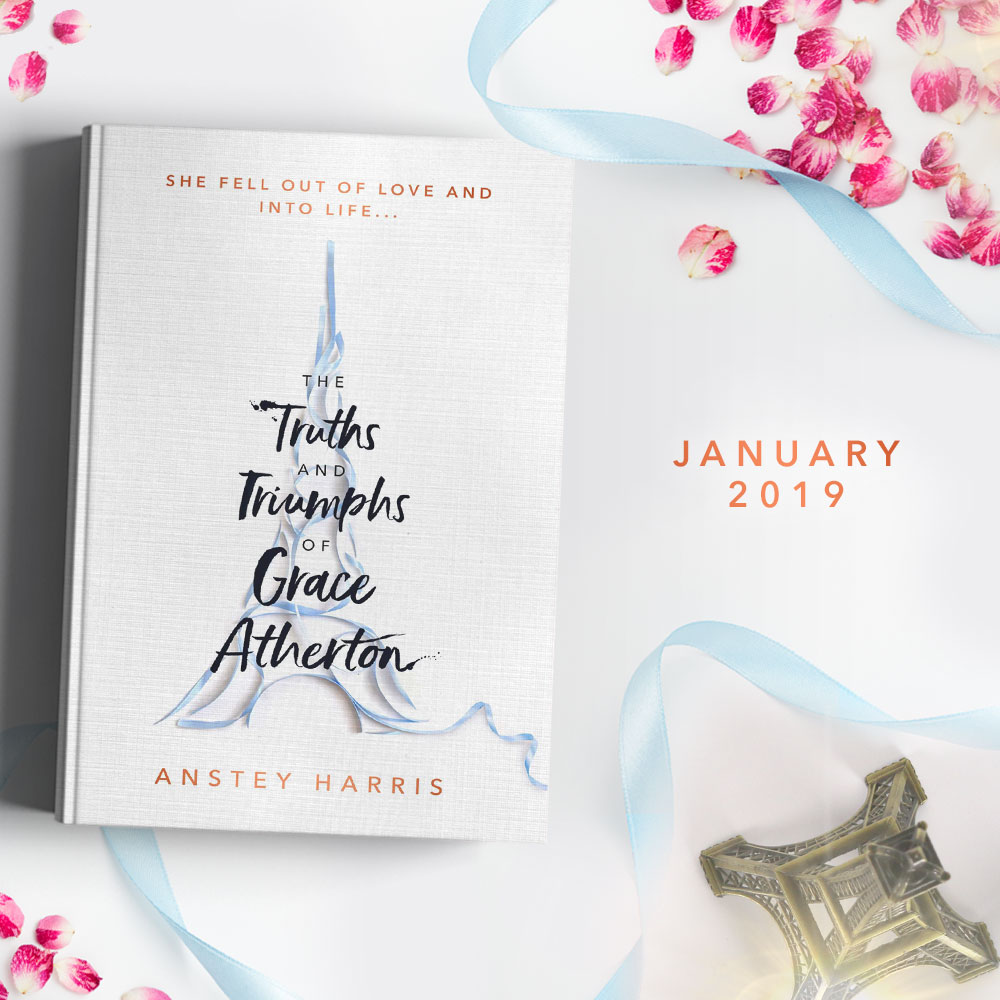Although this isn’t a book about music (and particularly what we think of as ‘classical’ music), playing and listening to music forms a huge part of Grace’s life. Her greatest failure, the one that has held her back all her life, is totally bound up in – and related to – music. And then there are her triumphs, they too come wrapped in music; textured and coloured-in by the tunes that accompany them.
There are many different versions of the tunes below – you might enjoy searching out some different ones on the internet – but these are the versions I listened to when writing the book and the exact recordings that I imagined Grace and her friends listening to and playing.
Astor Piazzolla’s Libertango
This is the song that gives Grace her wings. Piazzolla wrote this piece in 1974, and revolutionised tango music by incorporating elements of jazz and classical music. This version is played and arranged by Matthew Sharp, a British virtuoso of the ‘cello.
La Follia, arranged for ’cello by Maurice Gendron, Tanya Anismova
This is the tune David hears when Grace walks into a room and this is how she would play it on her own.
This is Vivaldi’s version of ‘La Follia’ – the same tune as above.
Invertible Counterpoint in the Finale of Mozart’s D Major String Quintet, K. 593
This is the final section of the quintet piece that Nikolai makes the six players sight read to fight for their place in the quintet. It’s really interesting to watch the analysis of the music as it’s written down and see what the different members of the quintet are reading as they play.
Bach: Unaccompanied Cello Suite No.1 in G Major
Grace’s version played by Yo-Yo Ma. Nikolai told Grace that this is the best piece of music in the world to test out what your ‘cello can do.
Bach: Viola da gamba Sonatas, Daniel Muller-Schott and Angela Hewitt
This is the tune that Mathieu Scharf plays on Grace’s ’cello in the showcase. It was Jamie’s theme in the Anthony Minghella film, Truly Madly Deeply.
The Lark Ascending, Ralph Vaughan Williams
This is the tune Grace has on her music stand in the front of the shop to mark the advent of summer.
Elgar: Nimrod, Sir Edward Elgar This is the tune she has to mark winter advancing and the time for reflection.
Grace also collects folk tunes that have been reworked by composers in classical music. Here are some of her favourites:
Simple Gifts from Appalachian Spring
This is a traditional Appalachian folk tune reworked by the American composer Aaron Copeland. This is best played with the volume turned to 11.
Béla Bartók – Romanian Folk Dances for String Orchestra
Bartok’s Romanian folk dances!
Greensleeves, Jordi Savall
Jordi Savall’s interpretation of ‘Greensleeves’.
The Ashokan Farewell, The Band of Her Majesty’s Royal Marines and Captain JR Perkins
This is a modern folk tune by the American musician Jay Ungar. This is one of the greatest tunes of all time (even though it doesn’t appear in the book).
Pachelbel Canon in D, Pachabel String Quartet
People often associate this tune with the ’cello. Pachelbel was the original one-hit wonder (unless you count subsequent use of his music – this chord progression is used in The Farm’s ‘All Together Now’ and Coolio’s ‘I’ll See You When We Get There’ and lots of other hits). The ’cello part of this is just eight notes – although three of them are used twice so only five notes really – played 52 times. The ’cello is what makes the piece.

